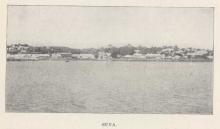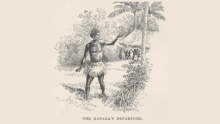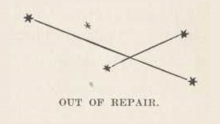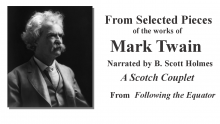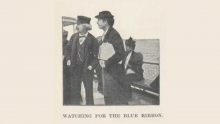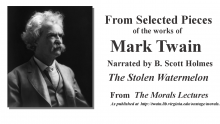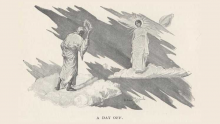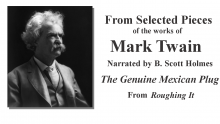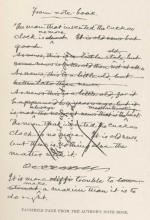Kava Drinking
- Read more about Kava Drinking
- Log in to post comments
I've been reading, and mapping locations from a book about the Queensland/Kanaka trade, written by the captain of one of the ships used to "recruit" Kanakas to work the sugar cane fields of Queensland, Australia, _The South Sea islanders and the Queensland labour trade_ by William T. Wawn.
